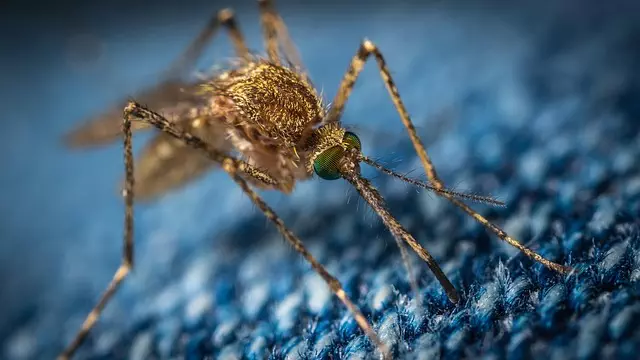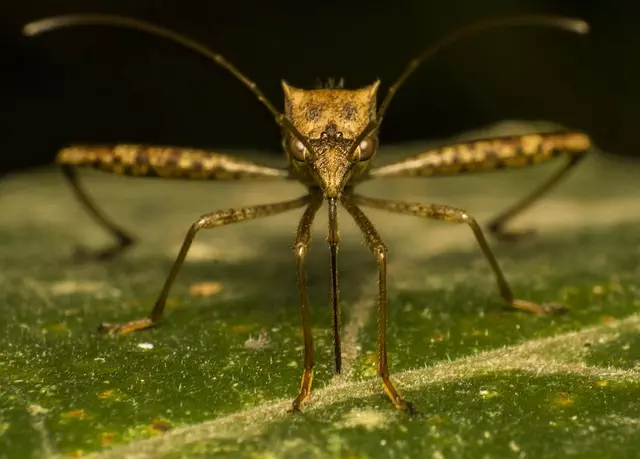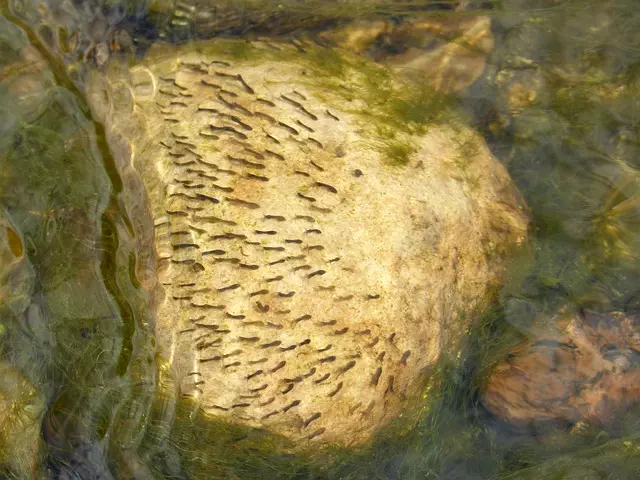Mosquitoes pose significant global health, economic, and agricultural threats as disease vectors. Effective Mosquito Control disrupts their breeding cycle through removing standing water, proper drainage, and eco-friendly methods. Traditional chemical methods face drawbacks, driving a shift towards natural repellents and integrated pest management. DIY solutions like plant herbs and physical barriers are budget-friendly, while professional services offer specialized help for severe cases. Seasonal management requires proactive steps and continuous care. Community initiatives and public health programs work together to achieve holistic Mosquito Control, minimizing disease risks and fostering healthier communities.
Looking for effective mosquito control without breaking the bank? Mosquitoes pose significant health risks, from transmitting diseases to causing sleepless nights. Understanding their behavior and breeding patterns is key to managing these pests. This article explores a comprehensive range of mosquito control methods, from traditional pesticides and natural repellents to DIY solutions and professional services. Discover affordable strategies for your yard, seasonal management tips, and community initiatives to create a mosquito-free environment.
Understanding Mosquitoes: Their Behavior and Breeding Patterns

Mosquitoes are more than just a nuisance; they are tiny vectors that can carry and transmit diseases to both humans and animals. Understanding their behavior and breeding patterns is crucial in implementing effective mosquito control strategies. These insects breed in standing water, with female mosquitoes laying their eggs in stagnant pools, ponds, or even small puddles. This lifecycle can be as short as a week, meaning a single infected mosquito can quickly spawn a new generation of disease-carrying pests.
Knowing this, homeowners and communities can take proactive steps to disrupt the mosquito breeding cycle. Regularly emptying standing water from flowerpots, buckets, and other containers around the yard is an easy prevention method. Additionally, maintaining proper drainage systems and eliminating stagnant water bodies nearby can significantly reduce mosquito populations. By understanding their behavior, we can better protect ourselves and our surroundings from these irritating and potential disease-spreading insects.
The Impact of Mosquitoes: Health Risks and Economic Costs

Mosquitoes, though often considered a mere nuisance, pose significant health risks and contribute to substantial economic costs worldwide. These tiny creatures are vectors for various diseases, including malaria, dengue fever, Zika virus, and West Nile virus, leading to severe illness and even death in humans. The impact extends beyond individual suffering; it has global implications, straining healthcare systems and impacting tourism and local economies.
In addition to direct health effects, mosquitoes contribute to indirect economic losses through agricultural damage. They target crops, reducing yields and affecting food security. Control measures are essential not only for protecting public health but also for preserving livelihoods and ensuring sustainable development. Implementing effective mosquito control strategies is vital to mitigate these risks and create healthier, more prosperous communities.
Traditional Mosquito Control Methods: Pesticides and Chemical Treatments

Traditional Mosquito Control methods often rely on pesticides and chemical treatments, which have been in use for decades. These chemicals are typically sprayed or applied to target areas known to be breeding grounds or popular resting spots for mosquitoes. While effective, this method comes with drawbacks, including potential environmental harm as these chemicals can impact non-target species and water bodies. Additionally, resistance to insecticides is on the rise among mosquito populations, making these treatments less reliable over time.
The use of pesticides also raises health concerns for humans and pets, especially when not applied correctly or in high concentrations. As such, many modern Mosquito Control strategies are shifting towards more eco-friendly and safer alternatives, incorporating integrated pest management techniques to disrupt the mosquito life cycle while minimizing environmental and human health risks.
Natural and Eco-Friendly Mosquito Repellents: A Growing Trend

The demand for natural and eco-friendly mosquito repellents is on the rise, driven by consumers’ growing awareness of environmental and health concerns related to conventional chemical-based mosquito control. These natural alternatives offer an appealing solution for those seeking safer, more sustainable methods to protect against these pesky insects. Plant-derived compounds, essential oils, and organic ingredients are taking center stage as effective and harmless ways to ward off mosquitoes.
This trend not only reflects a change in consumer preferences but also highlights the need for innovative, non-toxic solutions in the mosquito control industry. With an increasing focus on environmental sustainability, many manufacturers are turning to nature’s bounty to create powerful yet gentle repellents, ensuring a healthier balance between humans and the natural world.
Affordable DIY Mosquito Control Solutions for Your Yard

Keep your yard mosquito-free on a budget with these simple DIY solutions for mosquito control. One effective and affordable method is to eliminate standing water, as mosquitoes breed in stagnant water sources. Regularly empty items like flower pots, birdbaths, and old tires, and ensure proper drainage around your property. Planting mosquito-repelling herbs such as citronella, lavender, or marigolds can also help deter these pests naturally. These fragrant plants not only add beauty to your yard but act as a powerful barrier against mosquitoes.
Additionally, consider installing or creating physical barriers like screens and netting. For outdoor dining areas or seating spaces, mosquito nets or canvas screens can provide protection without breaking the bank. DIY options include building a simple wooden frame with mesh fabric, perfect for creating an open-air haven free from annoying bugs. These solutions offer both effectiveness and cost-efficiency in your quest for optimal mosquito control.
Professional Mosquito Treatment Services: When to Consider Them

Many homeowners opt for professional mosquito control services when dealing with persistent and severe mosquito problems. These services offer specialized knowledge and equipment to combat mosquitoes effectively, ensuring a more significant and lasting impact than DIY methods.
Consider hiring professionals if your area is prone to high mosquito activity, or if you have a large yard or garden that requires extensive treatment. Mosquito control experts can identify breeding grounds, apply targeted treatments, and provide ongoing solutions to keep mosquitoes at bay. This is especially beneficial for individuals with health concerns related to mosquito bites or those hosting outdoor events, ensuring a comfortable and mosquito-free environment.
Seasonal Mosquito Management: Preparations and Ongoing Care

Seasonal Mosquito Management requires a combination of preparations and ongoing care for effective Mosquito Control. During peak seasons, populations surge, necessitating proactive strategies to mitigate their impact. Start by identifying breeding grounds – stagnant water in buckets, gutters, or unused pools – and eliminating them. Regularly emptying containers that hold water and maintaining proper drainage are crucial first steps.
Ongoing care involves consistent monitoring and treatment. Consider using mosquito repellents on skin and clothing, installing window screens, and employing outdoor insecticides or natural solutions like citronella candles. Timely treatment and continuous vigilance are key to managing mosquito populations effectively and ensuring a more comfortable living environment throughout the season.
Community Efforts and Public Health Initiatives for Mosquito Control

Community efforts play a pivotal role in effective mosquito control, as they often involve tailored and sustainable strategies that address local challenges. Residents can come together to implement various measures, such as removing standing water sources where mosquitoes breed, installing mosquito traps, and using natural repellents like citronella plants or lavender. These collaborative actions not only reduce mosquito populations but also foster a sense of collective responsibility for public health.
Public health initiatives complement community efforts by employing more comprehensive approaches, including large-scale surveillance and targeted interventions. Local health departments may conduct regular inspections to identify and eliminate breeding grounds, use aerial spraying as a last resort to control severe outbreaks, and educate the public about prevention methods. Such coordinated efforts are crucial in minimizing the risk of mosquito-borne diseases and ensuring safer, healthier communities.
